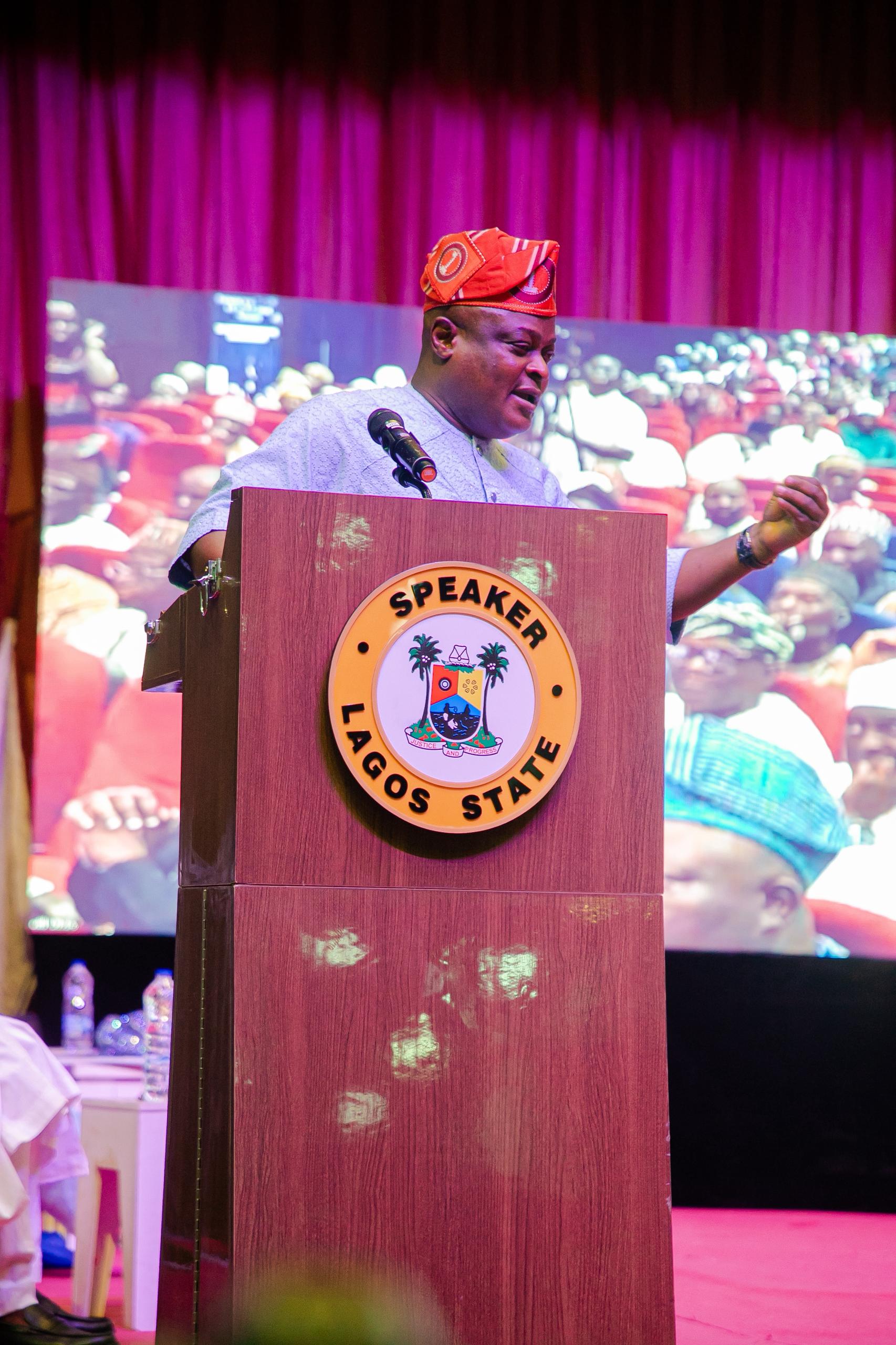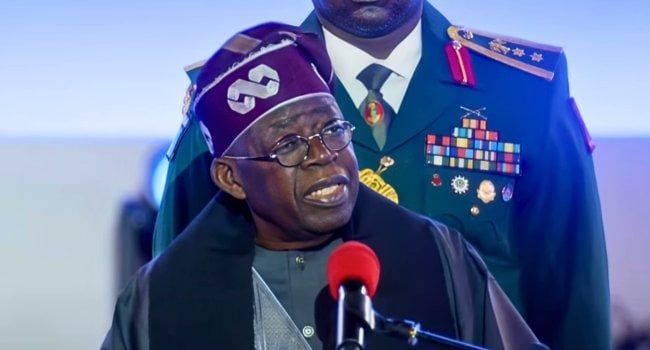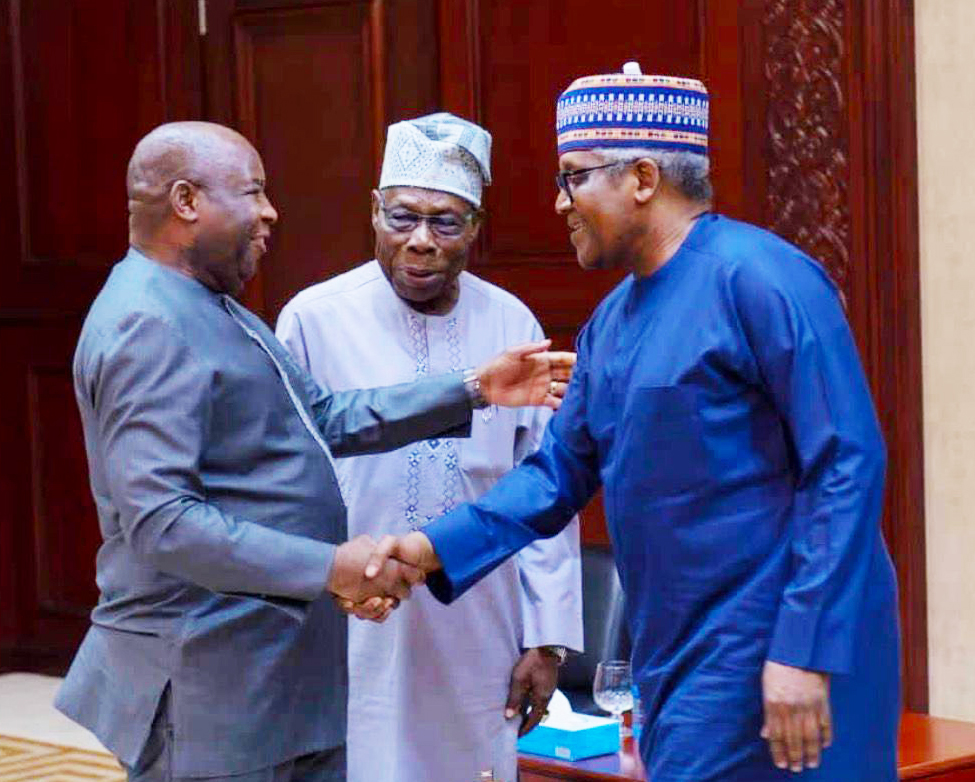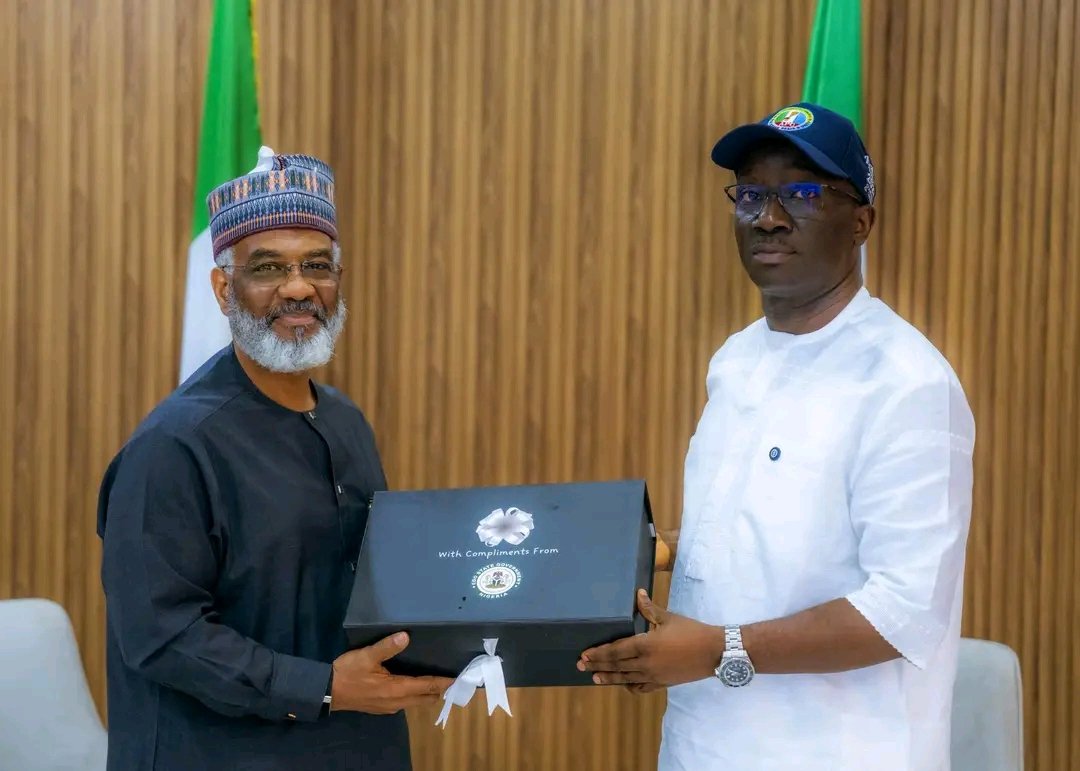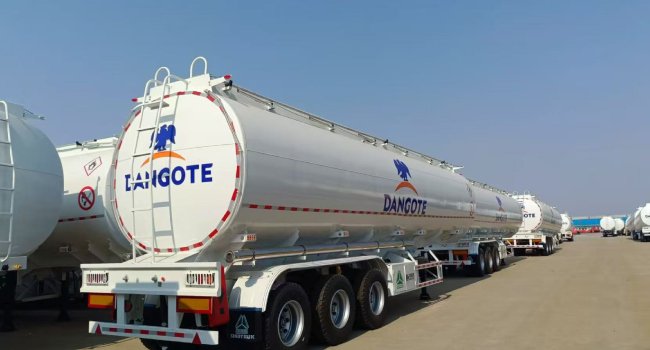Tinubu Never Lied About Payment of Fuel Subsidies – Onanuga
FUNSHO AROGUNDADE
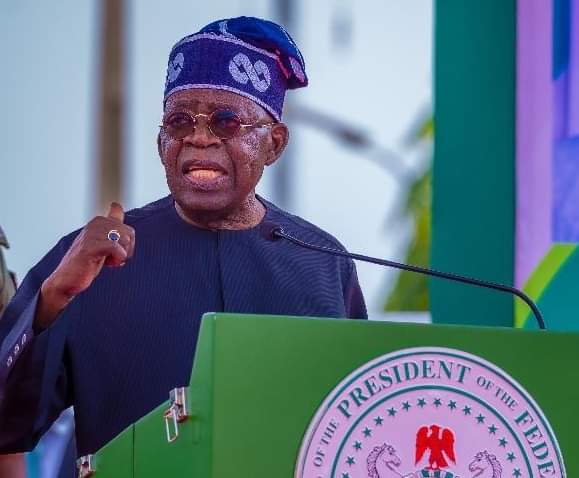
The Special Adviser to the President on Media and Strategy, Mr. Bayo Onanuga, has stated that President Bola Tinubu administration did not lie about payment of fuel subsidies, just as he reiterated that the Dangote Refinery, along with other domestic refineries, could play a pivotal role in addressing Nigeria’s ongoing fuel supply crisis.
This was disclosed by Onanuga via his official X account on Tuesday.
Onanuga’s statement comes in response to recent criticisms directed at President Tinubu’s administration regarding the transparency of fuel subsidy payments.
The Nigeria National Petroleum Company Limited recently disclosed an outstanding $6 billion debt to suppliers, intensifying scrutiny over the administration’s handling of the subsidy issue.
He said: “I have read a series of articles attacking the Federal Government for not telling the truth about fuel subsidy payments, following NNPC Limited’s admittance it was owing suppliers some $6 billion. Some of the stories have been written with relish, as the authors believed they have uncovered some scoops. The truth is that there is no discovery. No lie uncovered.
“The government has been faithful to its policy that it was no longer going to pay fuel subsidies since President Tinubu announced the deregulation of the PMS sector on 29 May 2023. Since then, subsidy provisions have disappeared from the budget. It was not in the Supplementary budget of 2023, not in the 2024 budget and the amended 2024 budget. So the giddy headlines about the so-called unraveling of the Tinubu government’s subsidy payment; and return of subsidy were not justifiable.
“Rather what has unravelled was the commendable disposition of the oil company owned by all the tiers of government to absorb the rising costs of petrol at the pump and protect the Nigerian consumer. That generous disposition by NNPC Limited, backed by a compassionate president unwilling to let the people suffer, has been under threat for months, because of the rising cost of crude and the devalued Naira.
“The NNPC cried out recently because it can no longer sustain the price differential on its balance sheet without becoming insolvent. The situation has greater implications for the ability of the three tiers of government to function as the NNPC has failed to pay into the Federation Account, the money that should go to the government.”
According to Onanuga, the introduction of local refineries is expected to provide significant benefits to Nigeria’s economy and fuel supply chain.
He elaborated that the NNPC’s recent admission of financial difficulties, including its inability to manage the petrol price differential and its failure to contribute to the Federation Account, highlights the urgent need for reform.
He acknowledged the complexities involved, emphasizing that sustaining the NNPC while ensuring the smooth operation of government functions and maintaining fuel availability at the pumps requires difficult but necessary measures.
He said, ‘’There are no easy choices. Something must be done to make NNPC survive, keep the engines of government running and petrol flowing at the pumps. That is the scenario that is unfolding and the game changer and big relief giver may well be the Dangote refinery and other local refineries which will become the fuel suppliers to the local market.
‘’When Dangote Refinery and other refineries, including government-owned Port Harcourt Refinery, come fully on stream, our country and economy will benefit on all fronts. There will be many good paying jobs that will be created along the value chain. There will also be a drop in the huge demand for foreign exchange to import petroleum products.’’
It was previously reported that the Nigeria National Petroleum Company disclosed that its $6 billion debt to international oil traders is the primary driver of the current petrol supply shortages across the country.
This revelation follows earlier claims by the NNPC, which had previously attributed the fuel scarcity to logistical challenges and flooding in various regions.
The admission highlights the significant impact of financial difficulties on Nigeria’s fuel distribution network, underscoring the urgent need for solutions to stabilize supply and address the underlying issues affecting the oil sector.




